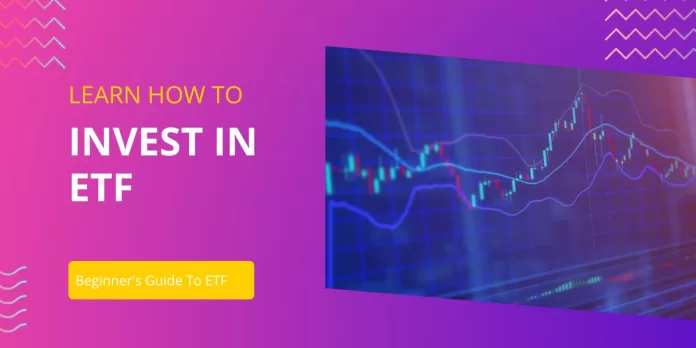What is an index fund?
An index fund is a type of mutual fund or exchange-traded fund (ETF) that tracks a specific market index, such as the S&P Sensex or the Nifty 50 Industrial Average. Index funds are passively managed, meaning that they do not try to beat the market by picking individual stocks. Instead, they simply invest in all of the stocks in the index, in proportion to their market capitalization.
Why invest in index funds?
There are several reasons why index funds are a good choice for investors:
Diversification: Index funds are one of the most diversified investment options available. By investing in all of the stocks in an index, you are reducing your risk of loss.
Low cost: Index funds typically have very low expense ratios, which means that you will keep more of your returns.
Simplicity: Index funds are very simple to invest in and manage. Once you have chosen an index fund, you can simply set up a regular investment and let it do its work.
How to invest in index funds
To invest in index funds, you can open an account with a brokerage firm. Once you have opened an account, you can purchase shares of index funds just like you would any other stock or ETF.
What are the different types of index funds?
There are two main types of index funds: broad market index funds and sector index funds.
Broad market index funds: Broad market index funds track a broad market index, such as the S&P 500 or the Total Stock Market Index. These funds provide the most diversification and are a good choice for most investors.
Sector index funds: Sector index funds track a specific sector of the market, such as technology, healthcare, or financials. These funds can be more risky than broad market index funds, but they also have the potential for higher returns.
How to choose an index fund
When choosing an index fund, there are a few things you should consider:
Expense ratio: The expense ratio is the percentage of your investment that is used to pay the fund’s management fees. Lower expense ratios mean that you will keep more of your returns.
Tracking error: The tracking error measures how closely the fund tracks its target index. A lower tracking error means that the fund is doing a good job of tracking the index.
Investment objective: Consider your investment objective and risk tolerance when choosing an index fund. If you are investing for the long term and have a high-risk tolerance, you may want to choose a sector index fund. If you are investing for the short term or have a low-risk tolerance, you may want to choose a broad-market index fund.
Read: Mutual Funds – Guide to Building Wealth
Tips for investing in Index funds
Here are a few tips for investing in index funds:
Start early: The earlier you start investing, the more time your money has to grow.
Invest regularly: Set up a regular investment plan, such as a monthly investment, to invest in your index fund. This will help you to build your wealth over time.
Rebalance your portfolio periodically: Rebalancing your portfolio involves selling some of your winners and buying more of your losers. This will help to ensure that your portfolio remains diversified.
Don’t panic sell: The stock market will go up and down over time. Don’t panic sell your index fund when the market is down. Instead, stay invested and let your money grow over the long term.
Conclusion
Index funds are a great way for investors to invest in the stock market. They are diversified, low-cost, and simple to manage. If you are new to investing, or if you are looking for a simple and effective way to invest, index funds are a good option to consider.
Disclaimer: This blog has been written exclusively for educational purposes. The securities mentioned are only examples and not recommendations. It is based on several secondary sources on the internet and is subject to changes. Please consult an expert before making related decisions.


